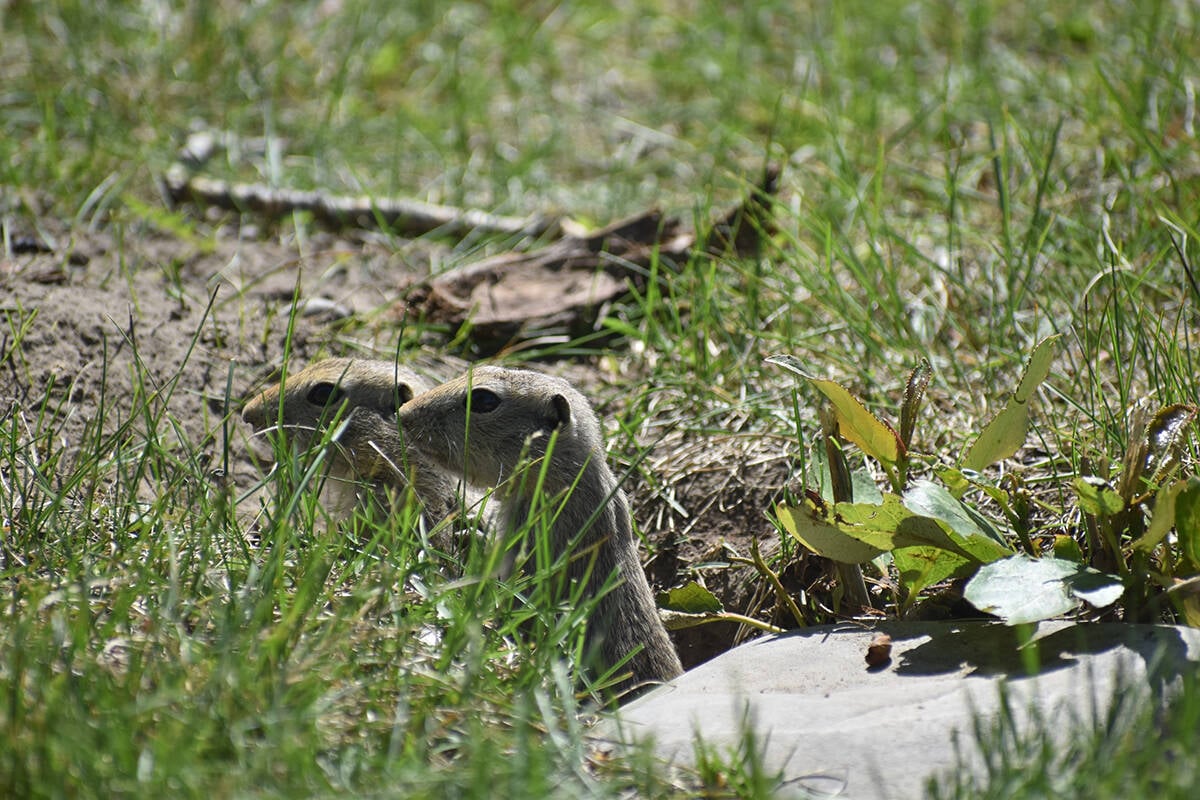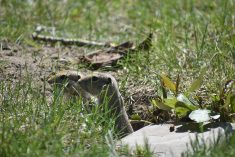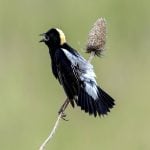(Reuters) — Freezing temperatures spread into Saskatchewan on Friday, chilling some of the country’s most immature crops.
Temperatures dipped to between -3 C and -1 C in parts of Saskatchewan, while other areas stayed above freezing, according to Environment Canada data. Temperatures of -2 C and lower that last for a few hours can damage developing crops, although the extent of harm depends on their stage of growth and other factors.
Late planting in some areas and cool, wet summer weather delayed crop development and pushed back the harvest in Western Canada. Frost can halt a plant’s growth, resulting in lower crop quality if it has not fully matured.
Read Also

Conservatives call for approval of emergency strychnine use
The federal Conservatives called for the government to authorize emergency use of the poison strychnine against infestations of gophers.
Even so, Canada expects to produce its third-largest canola crop on record and second-largest spring wheat crop in 15 years, according to Statistics Canada.
ICE Canada November canola futures rose 0.6 percent in morning trading after four straight losses.
The market took support from “a little more frost on the pumpkin in maybe some areas that are vulnerable to some damage,” said Keith Ferley, a commodity trader at RBC Dominion Securities. Most reported frosts were only slightly below freezing, however, and traders will have to wait to find out the extent of damage, he said.
At Weyburn, Sask., where floods delayed planting in the spring and pushed back crop maturity, the temperature fell to -3 Celsius for at least two hours, according to the national weather service.
The temperature also reached significant lows at Regina (-2.2 Celsius), Watrous (-3.3 Celsius) and Saskatoon (-1.8 Celsius).
The Saskatchewan government said on Thursday that 14 percent of its crops were harvested as of Monday, down from the usual pace of 26 percent.
Manitoba mostly stayed above freezing. Frost touched parts of Alberta, which already received its first significant frost on Thursday.
Environment Canada forecasts chilly, but mostly above-freezing temperatures for the Prairies during the weekend.














